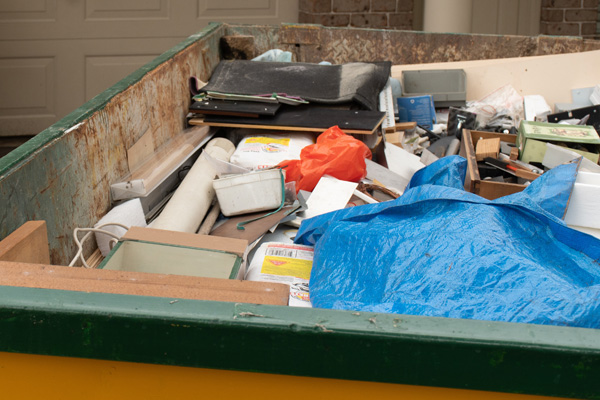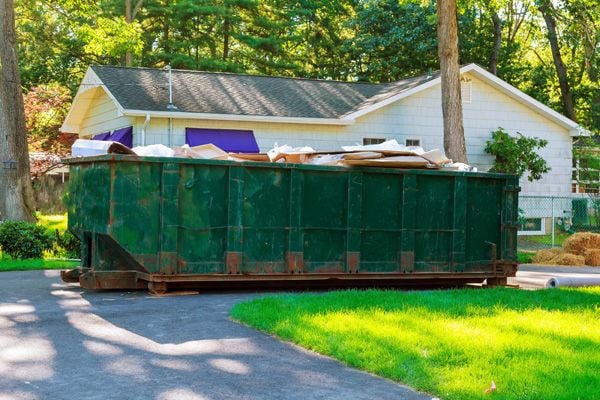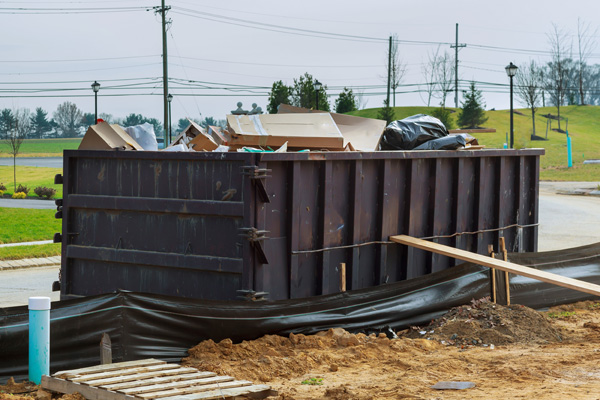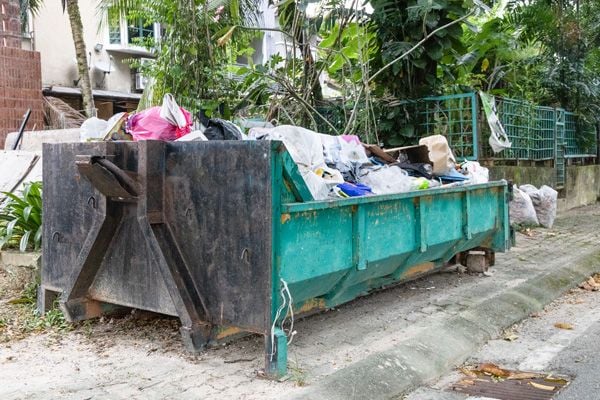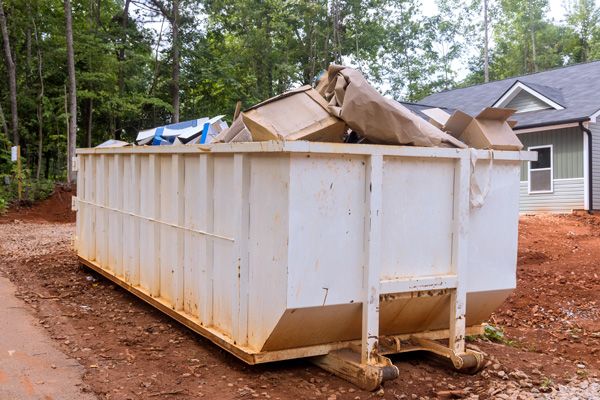How To Rent A Dumpster For A Sustainable Tourism Project
Sustainable tourism is a growing trend in the hospitality industry, and one of the ways to promote it is by properly managing waste. Renting a dumpster for a sustainable tourism project can be an efficient way to reduce pollution and protect natural resources. This article will discuss how to rent a dumpster in order to facilitate a successful sustainable tourism project. First, this article will explain what types of projects are best suited for renting a dumpster. It will also provide information on factors that should be considered when selecting the right size of the dumpster as well as its location. Furthermore, this article will address legal considerations related to renting a dumpster such as obtaining necessary permits from local authorities. Finally, readers will learn about key tips and strategies they can use when planning their own sustainability project with the help of rented dumpsters. In conclusion, this article provides comprehensive guidance on how to successfully implement sustainable tourism initiatives through rental services. What Is Sustainable Tourism Sustainable tourism is the practice of visiting a place for the purpose of appreciating its culture and environment without causing any damage or having a negative impact on it. The concept focuses on preserving natural resources, improving recycling rates, reducing waste production and implementing efficient waste management plans to minimize environmental impacts. It also encourages businesses to adopt practices that have a positive economic, social and environmental impact in the region being visited. Commercial properties such as hotels often include recycling carts or initiate campaigns to reduce their carbon footprint while ensuring an enjoyable experience for tourists. The goal of sustainable tourism is to ensure future generations can still appreciate nature and enjoy traveling safely with minimal disruption to local communities and ecosystems. This requires careful planning and decision-making by stakeholders involved in the industry to balance competing interests between conservationists, developers, residents and visitors alike. Sustainable development principles should be taken into consideration when designing tourist destinations so they are both beneficial for locals and respectful towards nature. By promoting responsible travel options such as community based tourism activities, low-impact transportation choices, ecotourism packages or green accommodations, travelers can make sure their trips leave behind only memories instead of footprints that harm the destination’s environment or cultural heritage. Principles Of Community Based Tourism The concept of sustainable tourism has gained traction in recent years, as communities seek to reduce their environmental impact while creating meaningful economic opportunities. In order to adequately support this goal, it is important for cities and towns looking to undertake a project related to community-based tourism or sustainability initiatives to consider renting a dumpster from an experienced waste solution provider. Renting a dumpster can help streamline the cleanup process by removing large quantities of debris quickly and efficiently. Dumpsters come in different sizes, so depending on the scope of the project that needs to be completed, selecting the right size is essential for properly managing waste costs. For example, if replacing old water heaters and installing new conveyor belts at a hotel property is part of the initiative, then opting for larger dumpsters with more capacity may be necessary. Additionally, some rental companies such as Republic Waste offer services like curbside pickup and dropoff as well as flat rate service fees which makes budgeting easier. Finally, before deciding on a particular company for your project’s needs, contact your local city government about any applicable regulations or restrictions regarding dumpster rental. This will ensure that you are able to obtain all permits needed in advance and avoid complications during the duration of your project. Keeping these principles in mind when planning your sustainable tourism venture can make sure that it runs smoothly without unnecessary delays or costly setbacks due to improper waste management solutions. With adequate preparation and research beforehand, an effective community based tourism effort can be achieved successfully while reducing overall waste cost solutions and preserving our environment in equal measure. The next section will discuss tips for planning a community cleanup event effectively. Tips For Planning A Community Cleanup Planning a community cleanup can be an effective way to help protect the environment and create sustainable tourism projects. When planning a community cleanup, it is important to consider what type of waste needs to be removed and how it should be disposed of in order to have a successful event. To ensure that solid waste is properly managed during a community clean-up project, there are several steps that must be taken: * Educate participants on proper waste management techniques prior to the event. This includes discussing which types of materials can and cannot be recycled, as well as encouraging people to bring their own reusable containers for food and drinks. * Have volunteers wear protective gear such as gloves and masks when handling hazardous materials like paint or oil. Additionally, make sure all workers are aware of safety protocols before beginning any work with potentially dangerous items. * Utilize smart waste management technologies such as composting bins or special collection bags for non-recyclable items. This will help reduce the amount of landfill waste being created from the event. In addition to traditional river cleanups, other strategies for managing solid waste include implementing construction projects that use recycled materials wherever possible and promoting sustainable consumption habits by reducing food waste through smarter meal planning practices. These measures can go a long way towards creating healthier environments for both local communities and visitors alike. By utilizing these strategies along with appropriate disposal methods, organizers can plan successful events that promote sustainability while also protecting the environment from further damage caused by improper disposal of hazardous material. Transitioning into the next section about ‘materials that can be recycled’, we look at specific items that may qualify under this category. Materials That Can Be Recycled When planning a sustainable tourism project, it is important to consider the materials that can be recycled. When renting a dumpster for waste management purposes, recyclable materials should be separated out of the inorganic
How To Rent A Dumpster For A Sustainable Tourism Project Read More »

